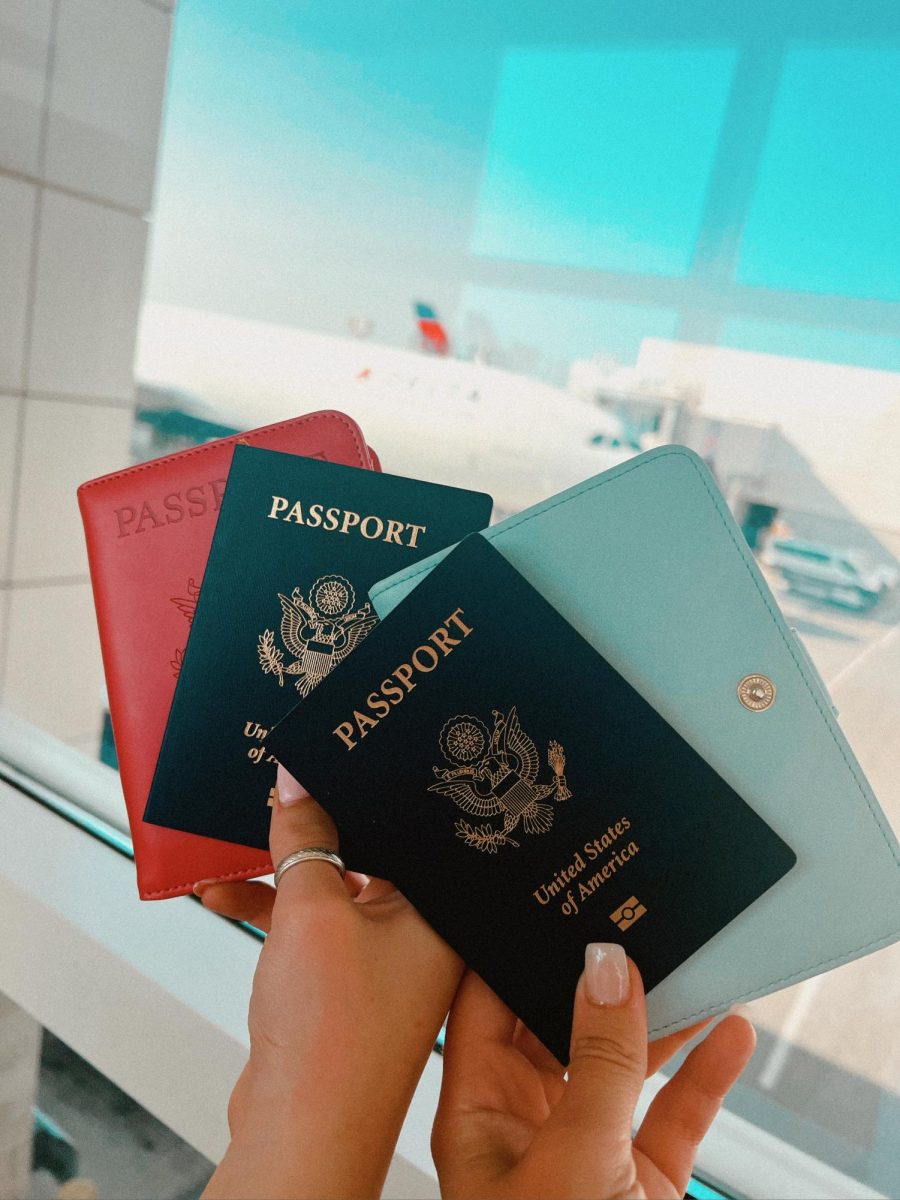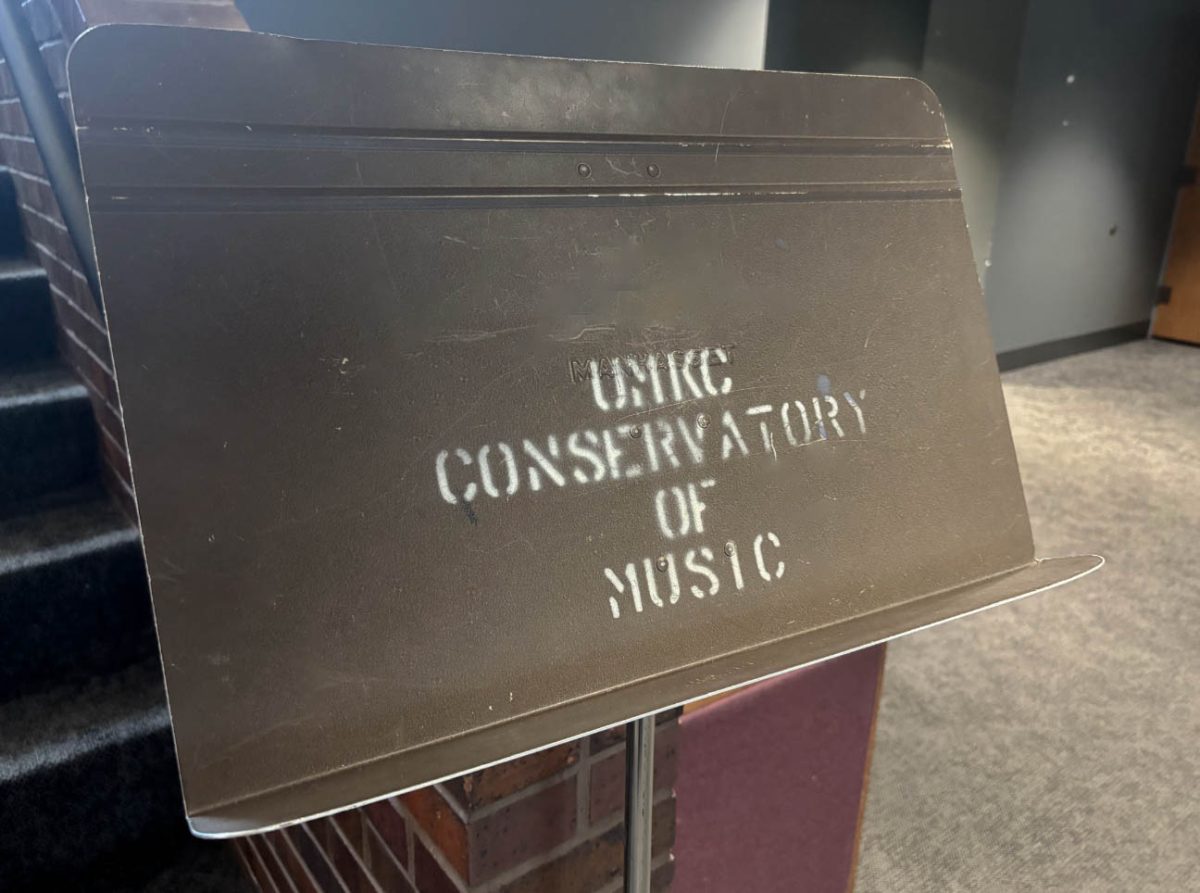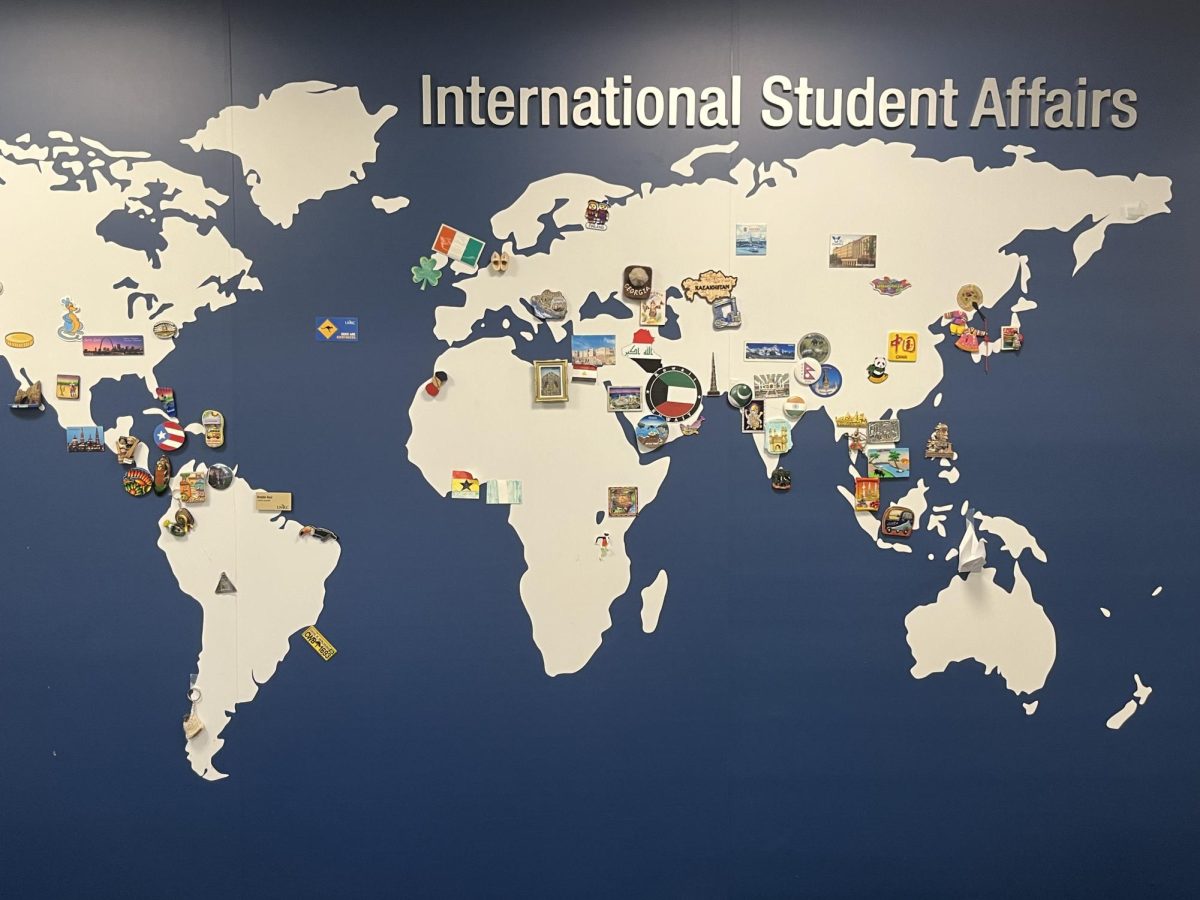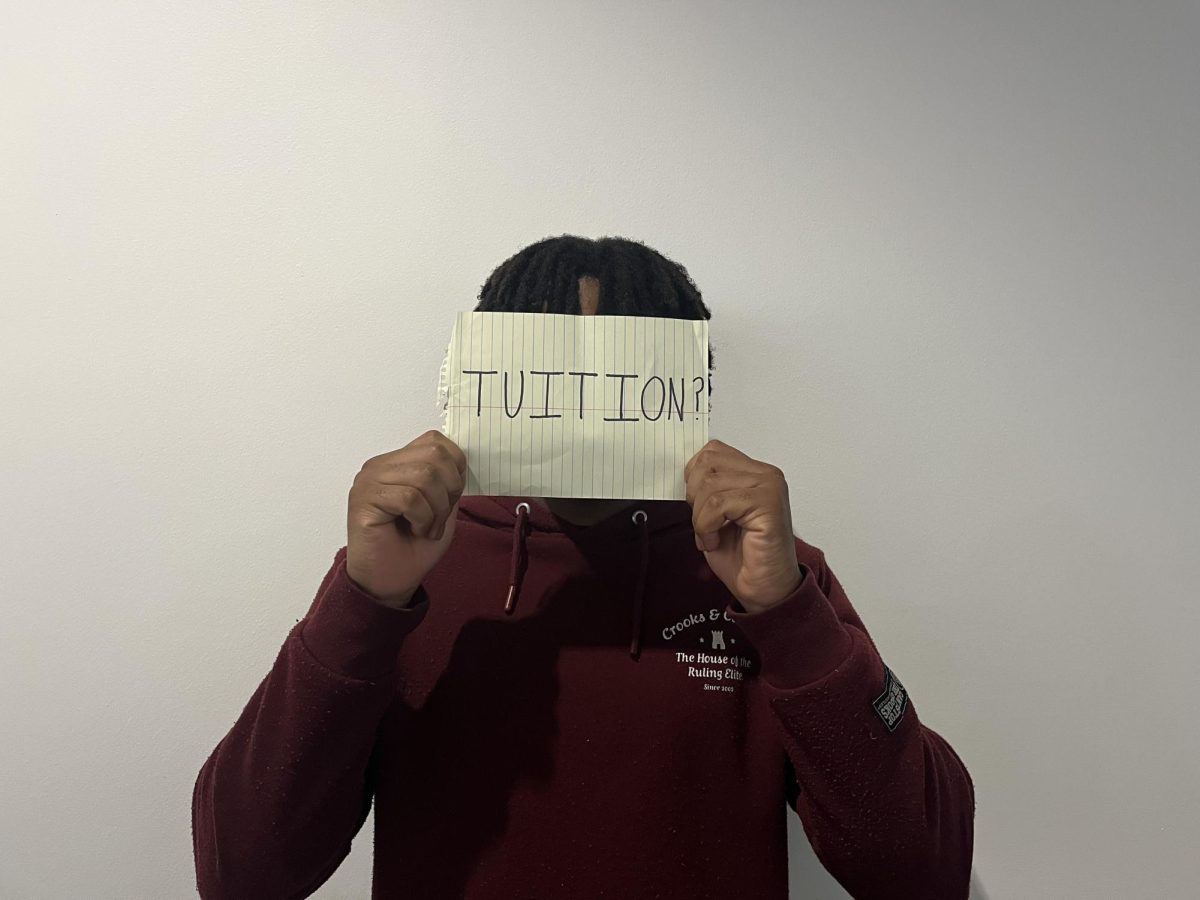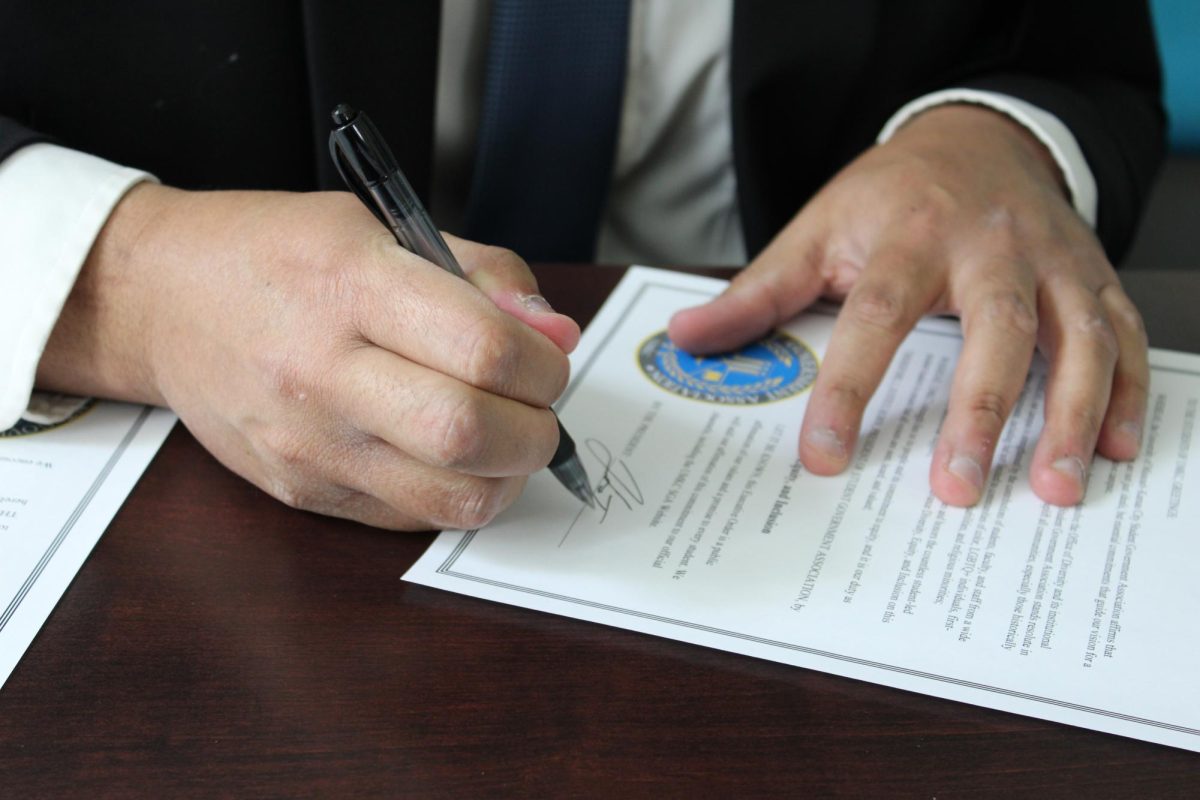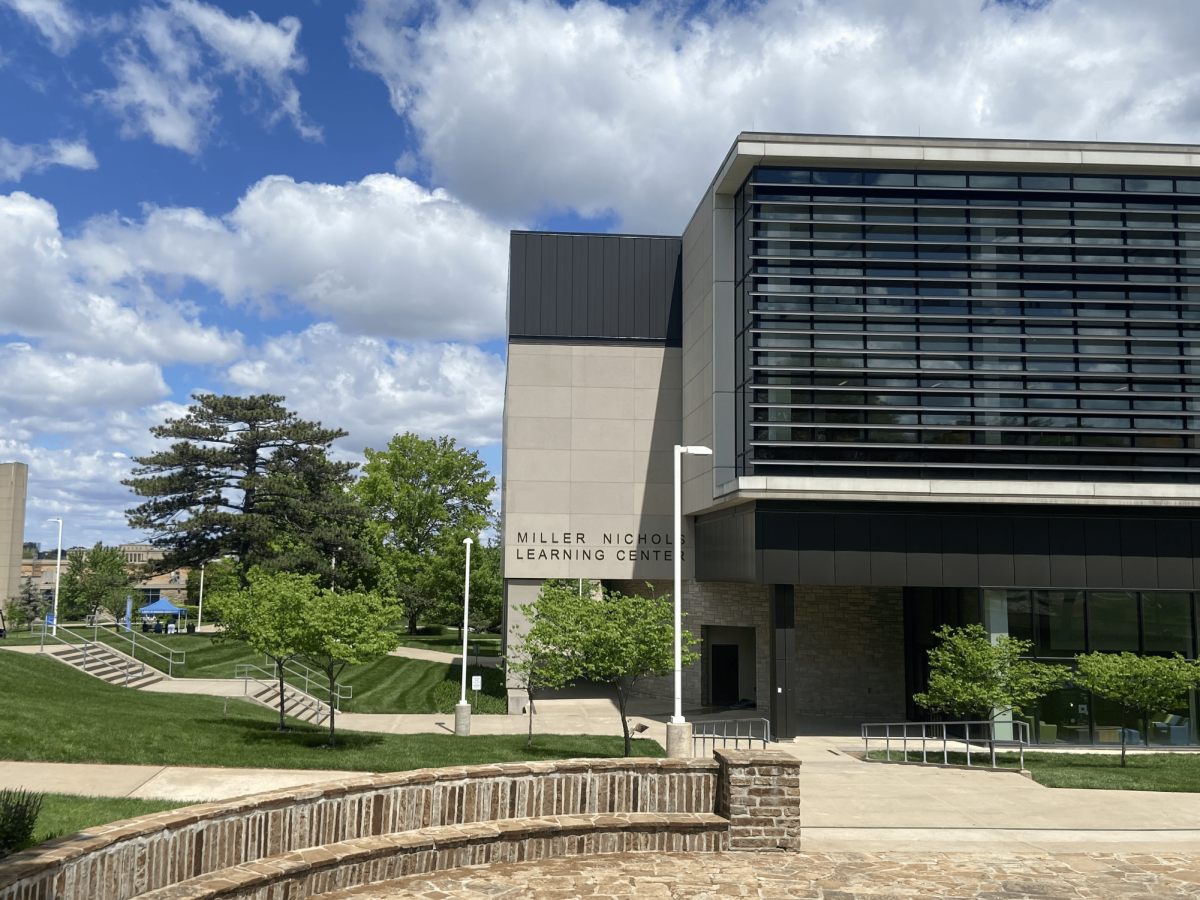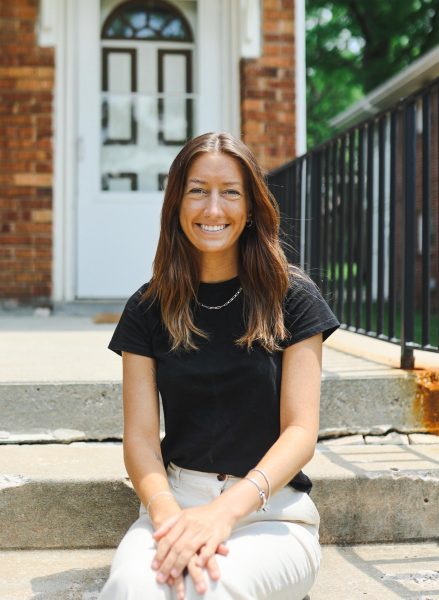Students at UMKC are interested in studying abroad but concerns about travel anxiety, credit availability and expenses lead to hesitancy.
Bali, Greece and Spain are some of the destinations that students dream of traveling to. Yet, reality sets in when ensuring that traveling will not interfere with their path to degree completion.
Biology student Jayden Hunter recently traveled to Senegal with the Study Abroad and Global Engagement (SAGE) department over winter break to accommodate his busy schedule in the med program.
“It was really nice,” Hunter said. “I wanted to do a longer trip, possibly a semester or year long.”
Communications studies student Annalis Alvey has started the application process for her study abroad trip to Msida, Malta.
Alvey expresses her concern about being away from home for an entire semester.
“I was definitely hesitant because I know I will get homesick,” Alvey said. “My family is my roots. Being away from them is nerve-racking.”
SAGE is passionate about getting students to travel while making progress in their studies as they choose to expand their horizons.
Global Program Coordinator, Natalie Gilkison Brooks, reflects on her experience with concerns surrounding her study abroad trip during college.
“As an undergraduate, I didn’t end up studying abroad until my last semester of senior year,” said Brooks. “I just thought, ‘I’m not going to be able to afford that. I work.’”
While validating students’ apprehensive notions of stress, Brooks noticed that once she gave herself enough time to strategize, she was able to make her dreams a reality.
Brooks advises students to give themselves 18 months to fully prepare to set sail.
The first step in planning includes working closely with academic advisors. This helps students with rearranging course schedules while considering credits that could be fulfilled during the trip.
The next step encompasses navigating travel expenses and funds.
“If you receive tuition assistance or tuition reduction scholarships, those types of scholarships tend to work better for faculty-led programs and exchange programs than a third-party program,” Brooks said.
The Benjamin A. Gilman Scholarship offers up to $10,000 for students who face, “limited financial means to study or intern abroad, providing them with skills critical to our national security and economic prosperity.”
Pell grant recipients can use their aid to help alleviate financial pressure.
Before choosing a study abroad program, Brooks advises students to consider which type of program to enter and the length of the trip.
The three main types of programs are faculty-led, exchange and third-party. To learn more about the specifications of each program and areas of study, visit the SAGE website.
Although the process could be intimidating to students, the department offers info sessions and various events to answer questions and encourage participation.
In parting advice, Brooks encourages students to consider studying abroad amidst the challenges.
“Travel is an opportunity for self-discovery. Push yourself outside of your comfort zone,” she said. “If you never put yourself in that situation you may never know what you’re capable of.”


